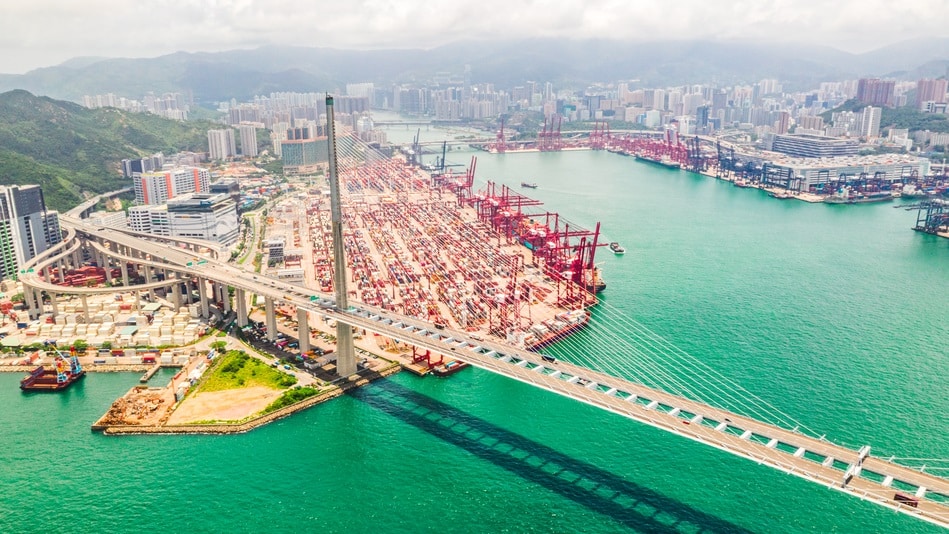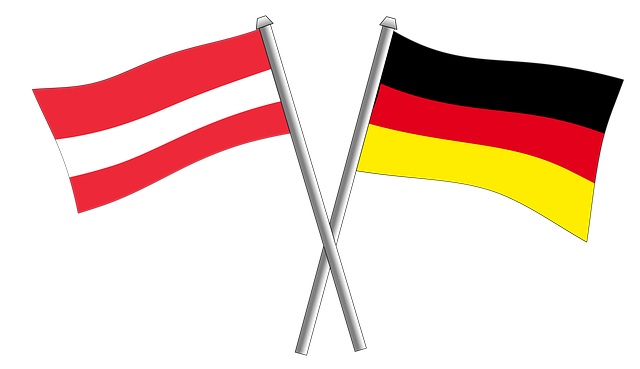Thanks to its highly competitive production prices, China, the world’s leading exporter, offers lucrative opportunities to traders from all over the world. Importing products from China is not without its challenges, however. Read our advice below on choosing your suppliers, completing customs formalities, finding the right mode of transport, and importing products from China with ease.
Why import products from China?
In 2022, European imports of Chinese products increased mainly because of the relatively low cost of goods manufactured in China, compared with the cost of products manufactured in Europe. Despite significant transport costs, sourcing from Chinese suppliers remains financially advantageous for European companies.
How do you import products from China?
Manufacturing costs in China are very low, enabling European retailers to offer competitive prices and improve their companies’ bottom line. However, you will need to do a great deal of preparation before you can import products from China.
1. Choose your suppliers in China
Finding reliable suppliers is essential to the success of your import project. As well as protecting you from buying counterfeit and poor-quality products, it has an impact on delivery times and the guarantees offered.
Sourcing suppliers involves the following steps:
- Check suppliers’ certifications: suppliers should preferably be accredited by an external audit body, which guarantees product quality and compliance with standards and regulations
- Check suppliers’ commercial registration (also known as a commercial licence)
- Ask for commercial references, proof of customer satisfaction
- Ask for a sample to assess the quality of goods before buying in bulk
- Visit the production site in person: as well as strengthening the relationship with your supplier, this helps you to assess the production process. To communicate effectively with your local contacts, use the services of a native interpreter who specialises in the commercial sector.
2. Draw up a detailed contract
Drawing up a precise and exhaustive contract is essential to avoid the risk of disputes with your supplier. This document must include all of the clauses and conditions you have agreed. It must also specify their rights and responsibilities in the context of this commercial exchange. We strongly recommend that you use a translator who specialises in legal translation to translate your commercial contracts.
3. Choose the most appropriate mode of transport
The next step is to choose the mode of transport that is best suited to the needs of your business and the nature of the goods being imported:
Sea freight is the most economical option, especially for bulky cargo. However, you will need to consider the long delivery times:
- Between 33 and 40 days for transport by container ship in maritime groupage (LCL: Less Container Load)
- Between 28 and 35 days for full container loading (FCL: Full Container Load).
Air freight is the preferred solution for urgent deliveries or high value-added goods. As a general rule, direct air transport takes between 1 and 3 days to reach Europe from the major Chinese cities (Beijing, Shanghai, or Guangzhou). However, this is an expensive option, particularly for bulky and/or heavy cargo.
The cost of air freight is calculated on the basis of taxable weight, with a weight-to-volume ratio of 1:6. This means that the average cost of DDP (Delivered Duty Paid) air freight is between $8.5 and $16.00 per kilo of weight.
4. Take out transport insurance for your goods
According to the World Shipping Council (WSC), almost 3,113 containers were lost at sea (excluding shipwrecks) between 2020 and 2021.
Insurance is therefore a prerequisite for transporting goods. There are several types of cover, depending on your needs:
- Professional indemnity insurance: insurance that protects a company against claims from third parties for bodily injury or material damage resulting from its professional activities.
- All-risk cargo insurance: this insurance covers the risk of damage or loss during the transport of goods and offers comprehensive protection.
- Delay insurance: this compensates you for financial losses due to delays in the delivery of goods.
- IARD insurance: this is fire, accident, and miscellaneous risks insurance, covering a range of risks including property damage, fire, theft, and natural disasters.
- Loss of use insurance: this is for financial losses incurred as a result of the inability to use property or equipment following a covered loss.
- Marine cargo insurance: this insurance protects against the risks associated with transporting goods by sea, including damage, loss, and delay.
- Air transport insurance: this protects against the risks associated with transporting goods by air, such as damage, loss, and delay.
- Multimodal transport insurance: this insurance is suitable for goods transport involving several modes of transport, to ensure protection throughout the route.
5. Declare the importation of products and comply with regulations
In order to comply with customs regulations, there are a number of formalities that you need to be aware of when importing products from China.
If you require customs information, please contact the embassy of the destination country directly and they can provide you with the necessary legally binding information. If you wish, you can also liaise directly with the customs administration of the country in question.
→ Good to know: It is advisable to keep careful records of all your transactions (customs documents, invoices, exchanges with the customs authorities, etc.).
6. Use a professional translator who specialises in the commercial sector
A professional translator is essential for communicating effectively with your Chinese business partners throughout the import process. This will help to ensure smooth exchanges, avoid misunderstandings during the transaction, and facilitate negotiations by considering the country’s cultural standards.
What’s more, a translator who specialises in your sector will have a thorough understanding of the specificities of your industry, and will be able to translate technical documents using the right terminology, as well as contractual, legal, and financial documents, etc.
How do you translate documents correctly when importing from China?
At Alphatrad, you benefit from the expertise of highly qualified translators who specialise in business and international forwarding. Native to the country targeted by the translation, they translate exclusively into their mother tongue, and have in-depth knowledge of the local culture and linguistic standards specific to the country. Their experience, accuracy, and respect for confidentiality guarantee you will receive a high-quality service.
Thanks to their expertise, you can communicate with confidence with your international contacts, and you can be guaranteed the successful importation of the products from China.





